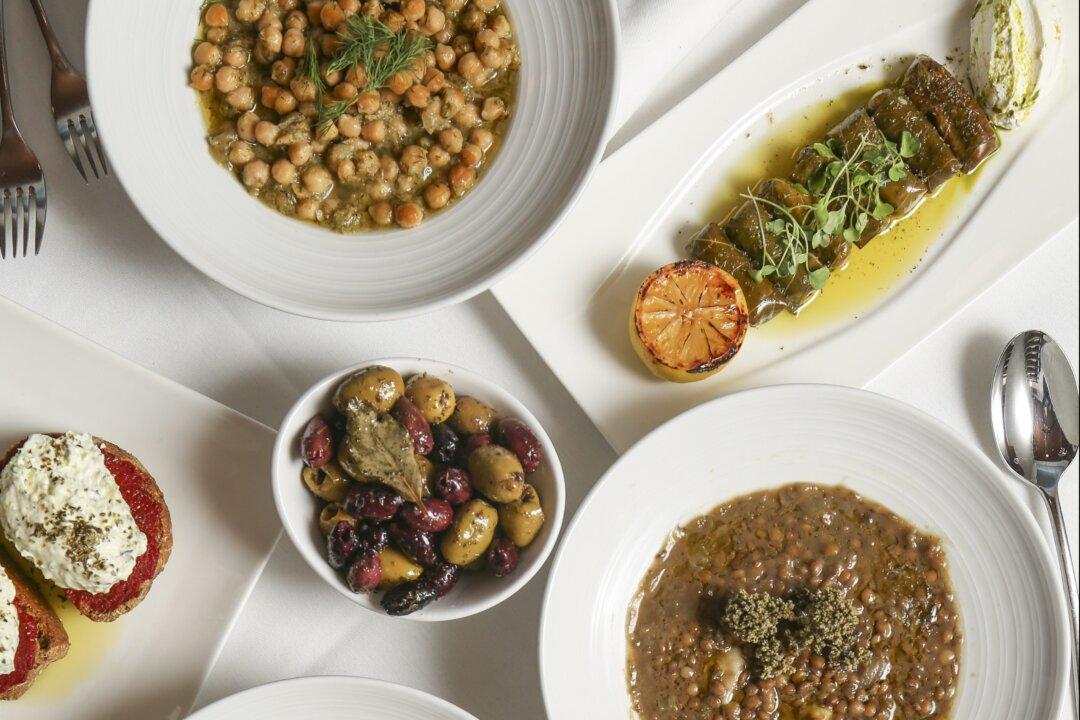Chef Maria Loi wants to teach the world how to live healthier, happier, and longer. The key to doing that, she says, lies in Greek cuisine and its more than 2,000 years’ worth of wisdom.
Loi is a passionate ambassador for Greek food and the Mediterranean diet, which has increasingly gained the spotlight as one of the healthiest in the world. She’s authored several cookbooks on the subject, including “Ancient Dining,” the official cookbook of the 2004 Olympics in Athens, and the best-selling “The Greek Diet.”






